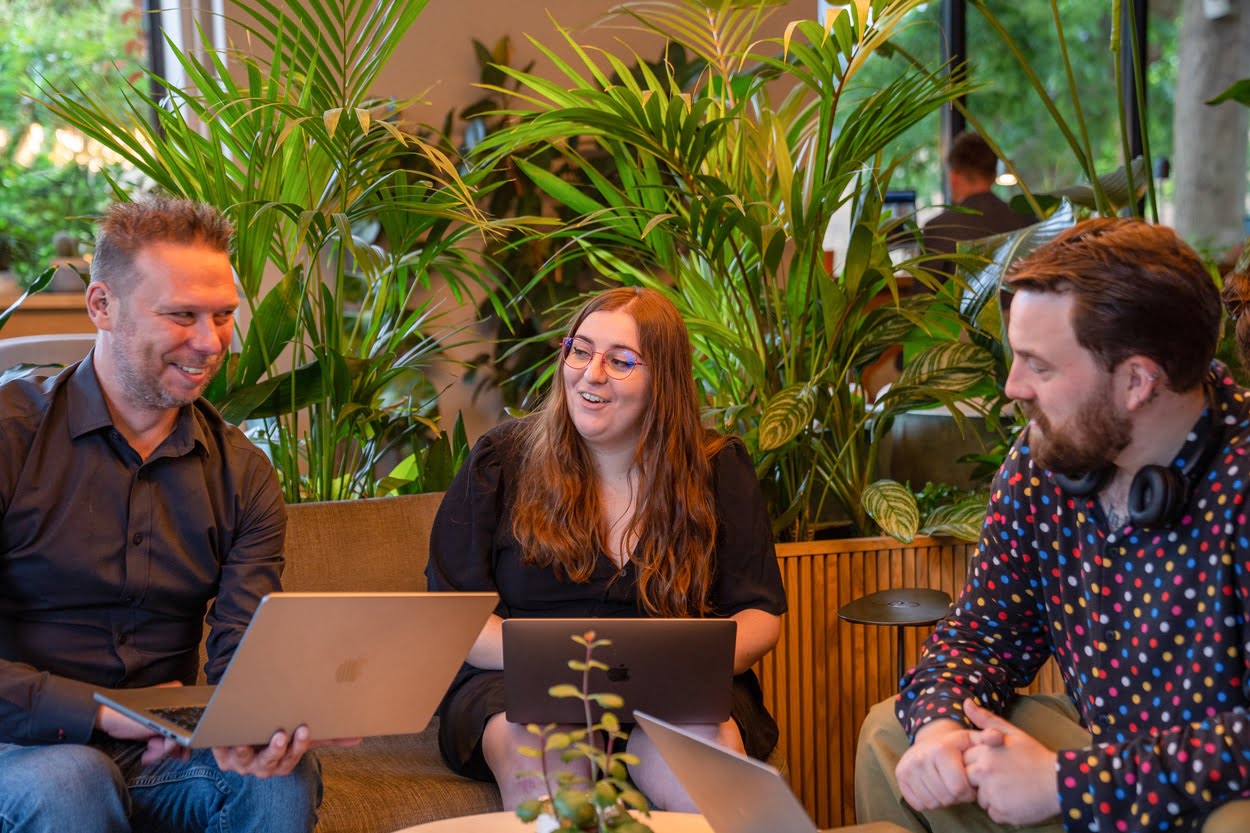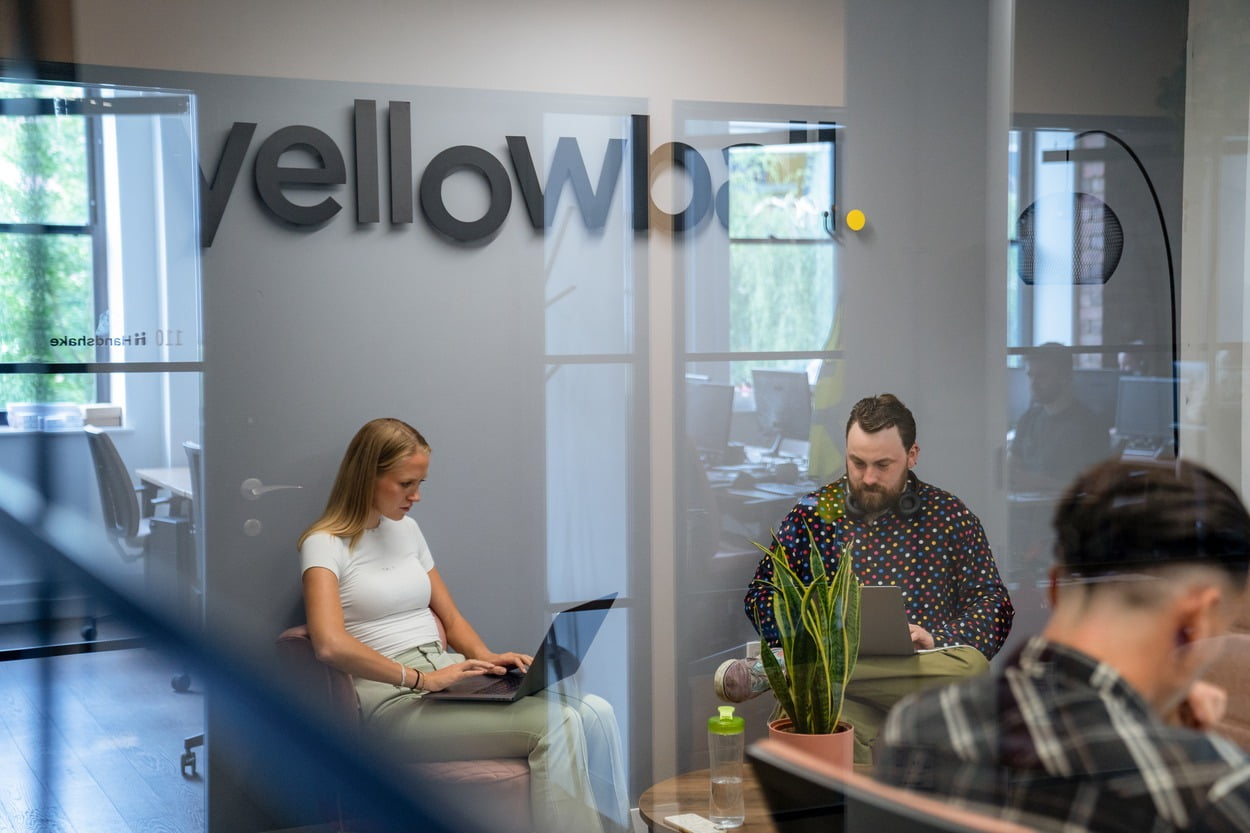The spread of Covid-19, a previously unseen Coronavirus has had a global effect. Europe’s largest regional airline has already collapsed, the FTSE 100 had its largest single day drop since the 2008 financial crisis and Italy is currently in complete lockdown. It’s dominating the news…and probably conversations with your colleagues, friends & family alike.
Recently, Trump’s seemingly pointless impeachment trial and subsequent acquittal reminded us once again of fake news and misinformation. The companies that own our digital lives are now taking steps to work with authorities to prevent misinformation in relation to development of the current coronavirus issue. We are of course talking about the likes of Google, Apple, Facebook and Twitter.
It is somewhat encouraging to see these companies reacting to the influence that they have on people’s lives, especially considering that thousands have already died from the virus.
Please note: we are working off the results that we can see alongside reports of steps taken. Hopefully none of the information (or hypotheses) are considered misinformation….the irony would be insufferable.
What does this have to do with marketing?
It brings up some very interesting conversations with regards to how these businesses have reacted to marketing on their platforms. We are focussed on SEO so naturally we will be primarily looking at Google but can touch on what the other guys have been doing as well.
What Steps Have Been Taken?
As of today (10th March), we can see the following changes and rules that have been implemented in the UK. Many of the platforms are ‘pinning’ links to the World Health Organization or local bodies for coronavirus searches:
The NHS have been working with Twitter to remove fake accounts that have been spreading misinformation, as well as ensuring that Twitter accounts for local NHS organisations are blue tick verified.
Finally, if you search for coronavirus on Twitter
In a similar vein to Twitter (and the others), Facebook are returning specific links at the top of search results for coronavirus, in the UK it is to information on the www.nhs.uk in other areas it will be the World Health Organization (WHO).
In addition and according to a Facebook post by the Zuck himself, Facebook will be:
- Providing the WHO with unlimited ad spend to tackle coronavirus
- Give access to millions more in ad spend to other organisations tackling the outbreak
- Actively take down posts spreading misinformation that are flagged by ‘leading global health organizations’ as well as banning ads claiming to cure the disease.
- Utilise other technology to help scientists
Instagram have taken a slightly different approach with regards to searches. Yes, they are returning a link pinned to the top of the search pages, but are also:
- displaying users with a prompt prior to showing results, asking them if they are looking for information on the disease and displaying a link (again in the UK, to the NHS).
- The autosuggest drop down also features the WHO and Unicef at the top, above any hashtags
Let’s not also forget that Instagram have come under fire because of some of their filters, from masks and germ molecules to a ‘test’ to see if you are infected. There are two sides to the coin, but it appears that they may have been misplaced or deemed inappropriate.
Apple
There are reports that Apple are limiting apps on the App Store related to coronavirus, potentially only allowing those coming directly from recognised bodies.
There are a few facets to this one, not just Google Search. They have also rolled out updates for Google Play and to an extent, Youtube.
Following suit with the rest of the tech giants, Google has an alert of sorts pinned to the top of the search results. They have however, taken it further than the others, probably due to them having a larger amount of real estate (and information) to play with. The information includes:
- A red ‘SOS’ banner at the top of the page
- News carousel with ‘top stories’
- A help and information box with links to what appear to be local organisations and the WHO
- A map and link showing affected areas
Google Play have been removing related apps and a coronavirus page, which appears to show apps that might provide information. The page seems to be a little strange especially considering it’s not immediately obvious where you find it!
Youtube have been removing videos and ads that may spread misinformation, with Google purportedly giving organisation free ad spend in the same vein as Facebook.
Finally, google have opened up the Enterprise version of Google Meet to all Google Education clients to help spread useful information and also to ensure that education can continue, currently until the 1st July 2020.
The Good
Let’s face it. The tech giants are easy targets. Faceless corporations that often hit our screens with stories of unpaid taxes, billions in EU fines, privacy issues and misinformation. Even when there is a face to it, the robot that is Zuckerberg is instantly turned into memes. See how easy that little dig was?
They get a hard time, often justifiably so. In this instance though, the less cynical amongst us would applaud how they have moved almost as one.
The spread of misinformation is damaging at the best of times. When that time involves a wordlwide outbreak of a novel coronavirus and the subsequent deaths of thousands of people, the stakes are suddenly raised.
Annoyingly, The Verge released an article less than 6 hours before this one, making the point that these companies have often been ‘loathe to intervene in the affairs of their own algorithms‘. Casey Newton wrote that somewhat diplomatically. Others might argue that in the past, they have shirked any social responsibility by hiding behind their algorithms.
The Cynical
I’ll start by saying that even if you are cynical, there isn’t really an argument that what they have implemented is bad. There is room however, for some speculation around motives.
Let’s focus on Google here, because whilst the other social media platforms do have responsibility, Google is often the go to source of information. It is after all, a search engine. As such, when it comes to searching, Google really is top dog.
To avoid sounding like a conspiracy theorist, I’m only going to mention a couple of potential arguments:
- Google was late to the party. With other large platforms providing pinned links, Google really had no choice.
- Out of all of the tech giants, Google was the one that had to act. Coronavirus information (both true and false) is being published by the minute. Furthermore, it’s developing by the minute. This is a new outbreak with a lot of unknowns. The Google Search algorithm is incredibly powerful, but it isn’t infallible. With a story spanning the globe and developing at such a rate, could it keep up? Is it able to provide 100% accurate results? Maybe, but surely it wasn’t worth the risk?
A Slippery Slope?
This is the first time that I can remember such unanimous and uniform reactions. It’s good and hopefully these actions can help to prevent further spread and even save lives. I can’t help but have the feeling that there are some worried execs sitting in their ivory towers.
They have intervened. They’ve set a precedent.
Do they call it a one off? That’s the problem with precedent, it tends to be re-used in an argument. They’ll be calls from some for this new found consciousness to be expanded for the greater good, while others will cry it’s the thin edge of the wedge for more corporate censorship by what are monopoly like figures.
Yellowball is a London Based SEO & Web Design Agency!

















